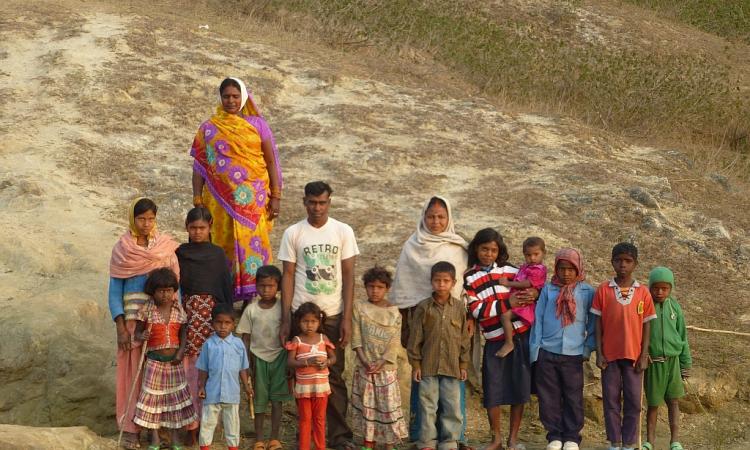
Global Human Development Index declines for two years in a row: UN Report
In the latest Human Development Report released by the United Nations, the Human Development Index (HDI), which measures health, education, and standard of living, has declined globally for two years in a row and has returned to its 2016 level, reversing much of the progress toward the Sustainable Development Goals. As layers of uncertainty stack up, they interact to unsettle life in unprecedented ways, warns the report.
India ranks 132 among 191 countries with an HDI value of 0.633, placing it in the medium human development category.
The report recommended implementing policies to focus on 3Is (investment, insurance, and innovation) as a way to chart a new course. (The Federal)
India and Bangladesh sign a pact on sharing water from the Kushiyara river
India and Bangladesh have signed a treaty to share the water of a key transboundary river, Kushiyara, after 26 years of signing the Ganga water treaty. Southern Assam in India and the Sylhet region in Bangladesh will benefit from the treaty. After 12 years, the India-Bangladesh joint river commission met in New Delhi last month and finalized the river agreement.
Furthermore, India has extended the period for sharing real-time flood data with Bangladesh, but the long-pending Teesta pact remains in limbo.
(The Print)
Assam gets Energy Access Explorer, an online, open-source and geospatial platform
The World Resources Institute (WRI) in partnership with the Assam Energy Development Agency (AEDA) has launched an online, open-source, and interactive geospatial platform for Assam which is called the Energy Access Explorer (EAE).
By visualizing the extent of energy access in Assam's health, education and livelihood infrastructure, the platform will assist different stakeholders in making integrated and impactful decisions about expanding energy access in the state in an effective, cost-effective and sustainable manner.
Despite great progress in electrifying homes in the past decade, 37.7 percent of health sub-centres and 41 percent of schools in rural Assam do not have access to reliable and sustainable electricity. (The Economic Times)
Locals oppose proposed PCPIR project in coastal district of Odisha
Over environmental and livelihood issues, a large number of locals opposed the proposed Petroleum, Chemicals and Petrochemicals Investment Region (PCPIR) in Kendrapara district, Odisha at a public hearing. The public hearing that was organised by the Odisha State Pollution Control Board (OSPCB), was attended by local residents, landowners and officials of the Industrial Infrastructure Development Corporation (IDCO).
According to the residents, the project will negatively affect livelihood of over 10,000 fishermen and the mangrove forests which act as a wall of defence against natural disasters like cyclones.
(The New Indian Express)
Nilgiris prone to soil erosion thanks to erratic and high intensity rainfall
During an awareness programme on soil erosion control measures in Udhagamandalam district in Tamil Nadu, the Indian Institute of Soil and Water Conservation (IISWC-ICAR), has warned that around 68,000 hectares of the Nilgiris could be prone to severe soil erosion in the coming years, due to high intensity rainfall becoming more prevalent in the region.
The studies by the institute show that not only does soil erosion leads to a decrease in soil fertility, but also results in silting up of streams and water bodies and severely reduces their capacities to hold water and thereby increases the risk of flooding.
The studies recommend adopting contour cultivation and bench terraces in the region as they can help reduce soil loss considerably. (The Hindu)
This is a roundup of important news published from August 27 to September 13, 2022. Also read policy matters this fortnight.
/articles/uns-human-development-report-calls-shift-direction